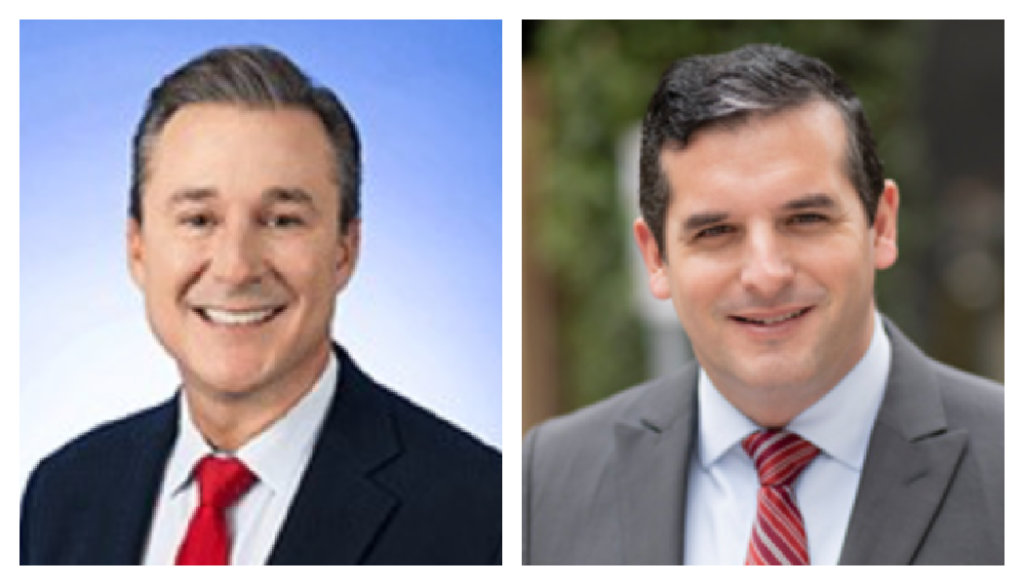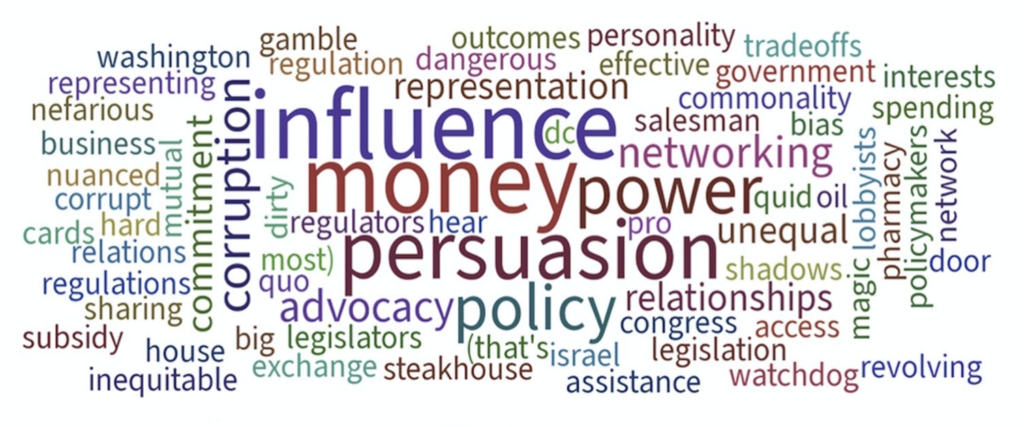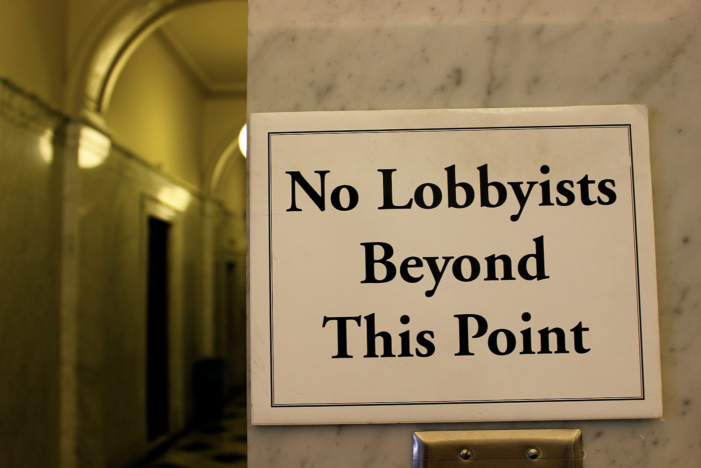Elected officials, you are now free to lobby again.
A U.S. district judge issued an order Wednesday that strikes down the state’s lobbying amendment, passed by voters in 2018, which bans any elected official from any kind of lobbying during their term of office and for six years after because, she said, it was an unconstitutional infringement on free speech.
Really.
This law — the most popular of 13 constitutional amendments that year, with almost 85% of the vote — took effect in January of this year. It’s why former Miami-Dade School Board Member Lubby Navarro resigned her position in December — because she wasn’t going to quit her job doing government relations for the South Broward Hospital District.
But two electeds, Miami-Dade Commissioner Rene Garcia and South Miami Mayor Javier Fernandez — who dabble in healthcare and land use lobbying, respectively — decided to challenge the law, instead, and were able to get a temporary injunction prohibiting the enforcement of the restrictions “based on fundamental First Amendment principles.”

On Wednesday, U.S. District Judge Beth Bloom ordered the injunction to be permanent.
The State of Florida argued that these restrictions were necessary to prevent public corruption and the type of quid pro quo that taxpayers are getting sick of. But Bloom found that the “in-office lobbying ban” was overly broad and did not serve any real purpose. There was all no evidence that any elected had abused his or her office to lobby for a client.
Ladra thinks they just didn’t look hard enough.
Attorney Ben Kuehne was quick to brag with a press release about the order. “The legal team who brought this successful First Amendment challenge have extensive experience in defending constitutional freedoms,” the press release states. Kuehne is only one of six attorneys that challenged the ban. The litigation was also handled by Scott Hiassen, Kendall Coffee, Michael Davis, Robert Fernandez and Ron Book, who apparently is an attorney as well as a lobbyist.
“Florida’s lobbying restrictions impermissibly violated the First Amendment rights of our clients and countless other local elected officials throughout Florida. We are pleased that the Federal Court recognized that Florida’s restrictions went too far,” the “collective legal team declared.”
Garcia, who works as a business development consultant in the healthcare arena, admits that the optics may not always be good. That is why he always contracts out the lobbying services, he told Ladra. But he said the ban jeopardizes many poeple’s livelihoods “for a few bad actors.”
Read related: Alice Bravo fined by Miami-Dade ethics board for lobbying on airport contract
He agrees with the two year ban that prohibits electeds and government employees from lobbying in their immediately former workplace. Former Miami-Dade Transit Director Alice Bravo was fined by the Miami-Dade Commission on Ethics and Public Trust for lobbying county officials two months after she left her post for the private industry.
“There should be a cooling off period,” Garcia said. But he wonders if six years is too long and said the “in-term lobbying” restriction made no sense if the elected is lobbying a body that will never have anything before him or her, like at another school district in the center of the state, for example, or in Tallahassee on behalf of an HMO.

“You’re telling me that, because I’m an elected official, I can’t lobby the state or some other entity and use my knowledge of healthcare on behalf of a non-profit? That’s not right,” Garcia said, adding that the law also affects the non elected entities who need the lobbying.
“You’re preventing an organization from choosing who they want to represent them,” he said.
Bloom actually made that part of her decision making, saying that it was unconstitutional to restrict these organizations’ or companies’ free speech by limiting who they could have speak for them.
Read related: South Miami has new mayor Javier Fernandez and 2 new council members
Mayor Fernandez — whose opponents dubbed him “Javi Lobby” when he was a state rep — said he wants to work with legislators to come up with some restrictions that are less vague and more directed at the kind of cushy relationships voters want to avoid.
“The measure was well intentioned but poorly designed,” Fernandez said. “I am grateful for the entry of the permanent injunction, as it will allow me to continue to serve my city without worrying about unintentionally violating a vague law in my daily practice.”
“I look forward to working with lawmakers in Tallahassee on implementing a new bill that provides voters the accountability and transparency that they voted for without compromising the first amendment rights of sitting elected officials.”

